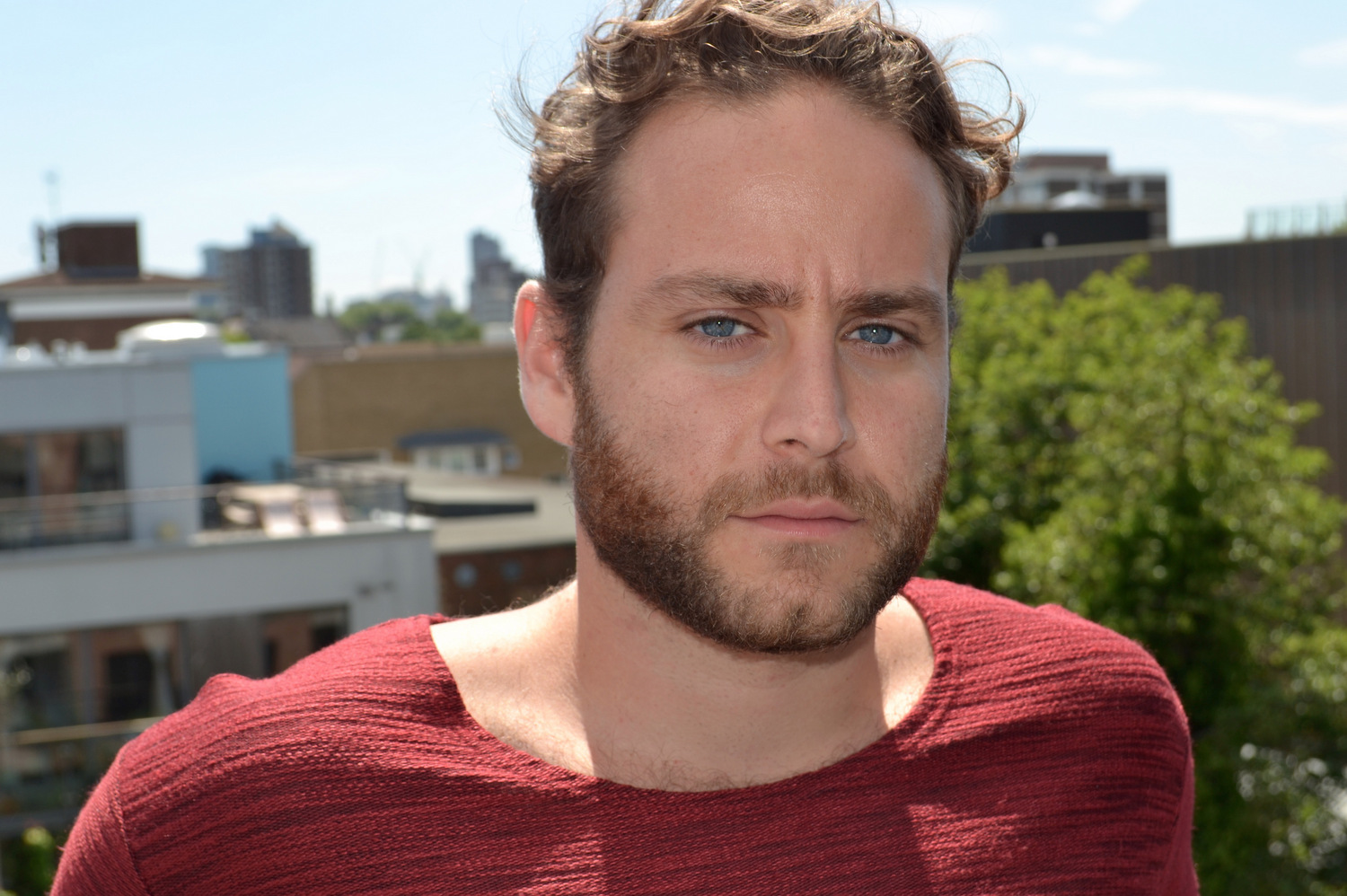After the resounding success of his debut novel, Guapa author Saleem Haddad has turned to film. In his cinematic debut “Marco,” Haddad continues to explore the themes of queerness and alienation that earned him a mention as one of The New York Times’ “5 Writers to Watch”.
The Kuwait-born aid worker and novelist knows what it is like to live as a gay man in the the Arab world. Haddad wrote extensively about his experiences in a number of personal essays and continues to explore those themes in his novel and film short.
His new film moves the action form the Middle East to London. Feeling lonely in the British capital, the film’s protagonist Omar takes up with a Spanish prostitute named Marco. But he then discovers that ‘Marco’ from Barcelona is actually Ahmed from Aleppo.
Saleem Haddad Explores the Power of Shame
Guapa, first published in 2016 by Other Press, grabs readers with its opening line: “The morning begins with shame.”
The novel traces 24 hours in the life of Rasa after his grandmother catches him with his lover. Rasa searches for his best friend, who has been arrested for political advocacy. Meanwhile, Haddad intertwines his protagonist’s internal turmoil with political upheaval in the Arab world.
“Shame is a concept that I’ve always been interested in exploring in some way, because it played a huge factor in my upbringing,” Haddad says. He was born in Kuwait City to an Iraqi-German mother and a Palestinian-Lebanese father. Aside from his literary career, he has worked with Doctors Without Borders and other international aid groups. In this capacity, he has worked in Syria, Egypt, Iraq, Yemen, Libya, and Lebanon.
“Shame was a way to police the behavior of children, and it was not only done by parents but also by teachers, shopkeepers, and other adults,” Haddad recalls. “The shame I felt growing up, due to my same-sex desires, was very much related to not fulfilling ideals of masculinity.”
Exploring an Identity Crisis
Haddad’s work frequently revolves around how to live authentically in a world of where shame remains a potent social force.
“For LGBT Arabs and Muslims, we often find ourselves at the cross sections of identities that everyone else wants to tell us are incompatible,” Haddad explains.
Set in an unnamed Middle Eastern city, Haddad’s debut novel grapples with the traditions that define communities. It also critiques simplistic outsider portrayals of queer Arab men as abused. Instead, it explores the complicated dynamics that surround discussion of the region’s largely underground gay scene.
His novel takes its name from a small haven amidst the whirlwind of social and political forces. “For queer Arabs, as for many others in the LGBT community, bars and clubs are our safe spaces,” notes Haddad. “Centering my novel around a queer bar – ‘Guapa’ – was a way to show the importance of these establishments – not just as safe spaces but as political spaces as well.”
Alienation at the Heart of Saleem Haddad’s Work
Marco similarly revolves around the interwoven personal and political questions of Arab-Muslim queerness, only this time in the West. The film follows a one-night relationship between Omar and Marco/Ahmed in London. The protagonists wrestle with feelings of loneliness, exile, and a desire for human intimacy within their complicated identities.
“As a queer person in the Arab world, everywhere you turn someone wants to use your body, your story, or your life for their own purposes,” Haddad wrote in the Daily Beast. “In the end, the only story each of us can tell – the only body we own – is our own.”
Meanwhile, “Marco” recently had its North American premier at the Palm Spring ShortFest. Furthermore, it received a nomination for the Best British Short Film for the 2019 Iris Prize Festival. This festival spotlights modern LGBT+ life.



